Welcome to the future of education, where Artificial Intelligence (AI) is no longer a mere science fiction dream but an everyday reality shaping how students learn and educators teach. As AI technology continues to evolve, it is redefining the landscape of educational tools, offering innovative ways to personalize learning experiences, enhance critical thinking skills, and optimize outcomes. But with the plethora of options out there, how do you decide which tools deserve your attention? Worry not! We’ve got you covered with our comprehensive list of the 15 Best Generative AI Tools for the Educational Industry.
Whether you’re a tech-savvy educator looking to revolutionize your classroom, or a student seeking smarter ways to tackle your academic challenges, this list is a treasure trove of cutting-edge AI tools designed to make learning more effective, interactive, and engaging. From AI platforms that mimic human tutors to chatbots that simplify research, these are the transformative solutions that you’ll want to incorporate into your educational journey.
So buckle up and get ready to explore the fantastic world of AI in education, as we guide you through tools that promise to redefine what’s possible in learning. Stay tuned!
1. Carnegie Learning
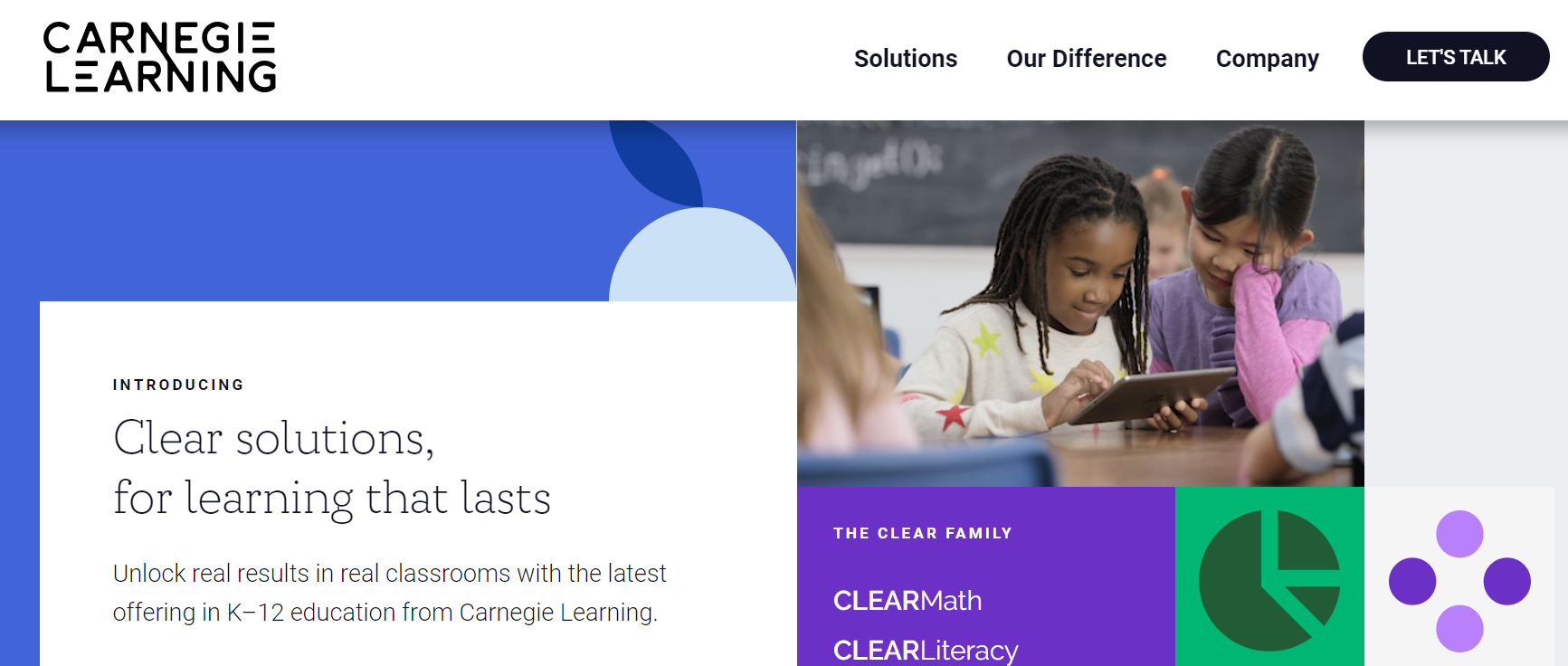
Carnegie Learning brings education technology to the next level, integrating AI and machine learning into its platforms for high school and college students. Specializing in areas such as math, literacy, and world languages, the platform emulates the functions of human tutors, offering personalized educational experiences. Additionally, it yields actionable data for teachers to monitor and improve students’ academic performance.
2. Cognii Virtual TA
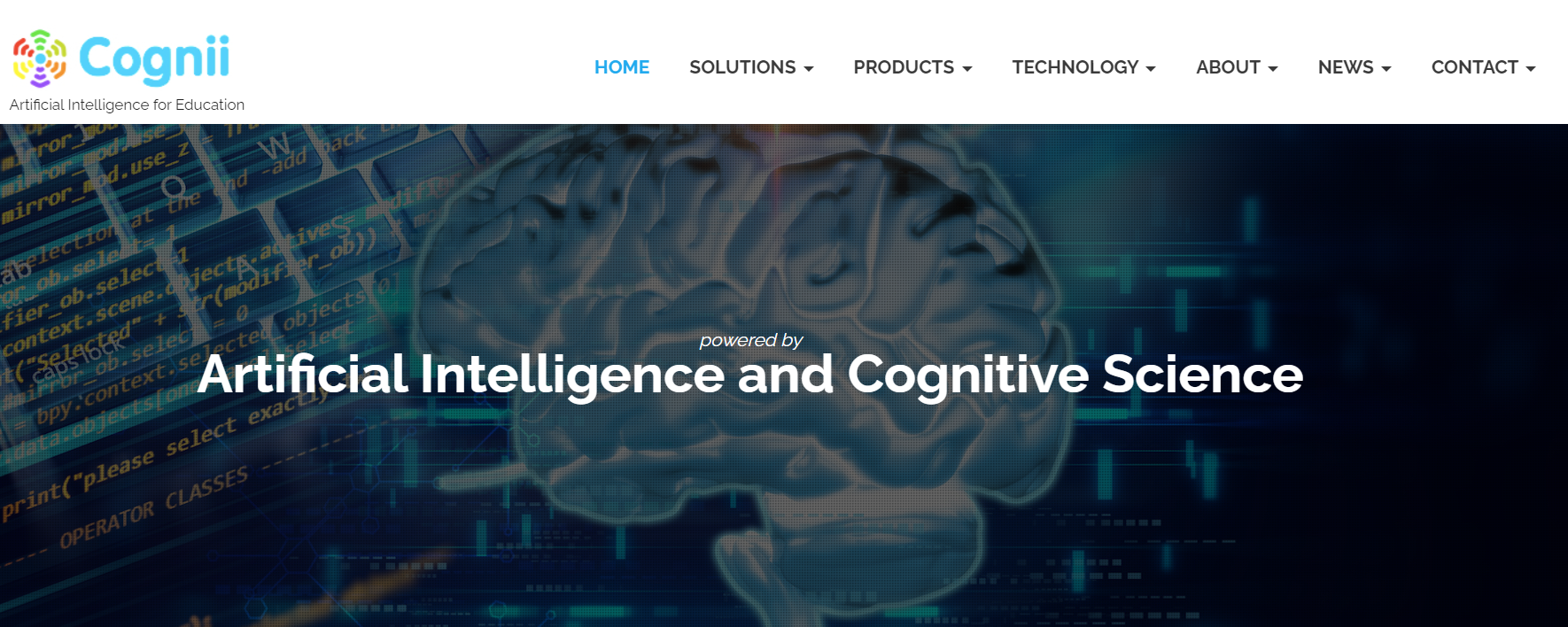
Cognii Virtual TA is a cutting-edge tool that leverages conversational technology to refine students’ open-format responses and critical thinking capabilities. Unlike traditional tutoring services, this virtual assistant offers tailored one-on-one sessions and immediate feedback, adapting its methods to each student’s learning pace and style.
3. Knowji
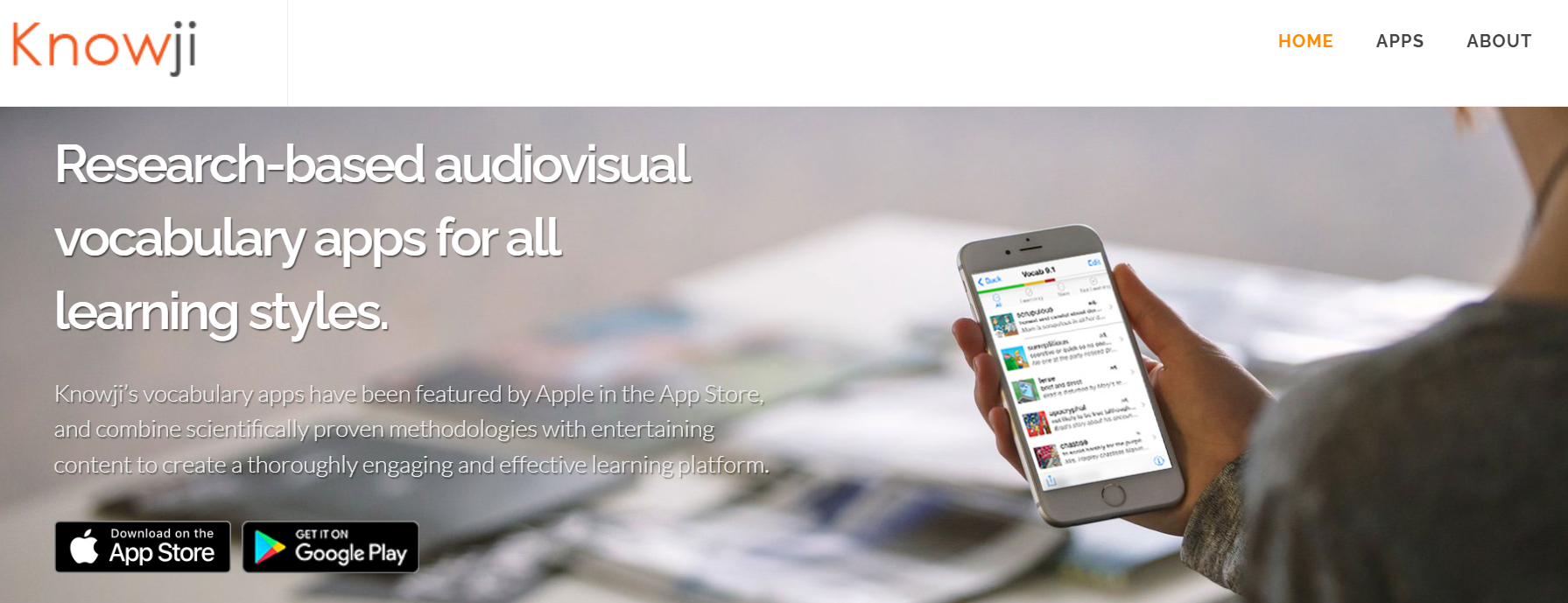
Knowji ranks among 2023’s top AI educational tools, focusing on vocabulary enrichment via an audio-visual app. Rooted in contemporary educational research, Knowji targets language learners with diverse techniques to accelerate learning. It uses a spaced repetition algorithm to predict when a user is likely to forget a word, enabling students to learn more effectively over time. Other standout features include Common Core Alignment, multiple learning modes, and a customizable, adaptable interface.
4. Plaito

Plaito is a pioneering AI-aided educational tool that serves as a digital coach. It offers guidance for student activities such as writing, debating, and collaborating. By utilizing AI, Plaito replicates the benefits of one-on-one tutoring and offers features like live AI-based homework assistance, custom lesson plans, interactive chats, and specialized language courses.
5. Querium

Querium focuses on empowering students to excel in essential STEM fields, preparing them for college and future careers. Offering personalized instruction and step-by-step guidance, this tool not only boosts the efficiency of student learning but also gives educators actionable insights through data analytics, ensuring a dynamic and impactful educational experience.
6. Elicit

Elicit serves as a comprehensive research tool, akin to Consensus, providing credible sources for academic inquiries. Available both as a desktop app and through browsers, Elicit has a user-friendly design that facilitates efficient research. The Summary section synthesizes top academic papers with proper citations, and concise abstracts allow quick assessment of each source’s relevance.
7. Duolingo

Duolingo, a much-celebrated AI educational tool, employs gamification to make language learning entertaining and engaging. Through its AI algorithms, Duolingo customizes learning plans according to each user’s skill level and offers quick, easy-to-complete classes. Interactive exercises enhance reading, writing, and speaking skills, creating a comprehensive language learning experience.
8. Socratic
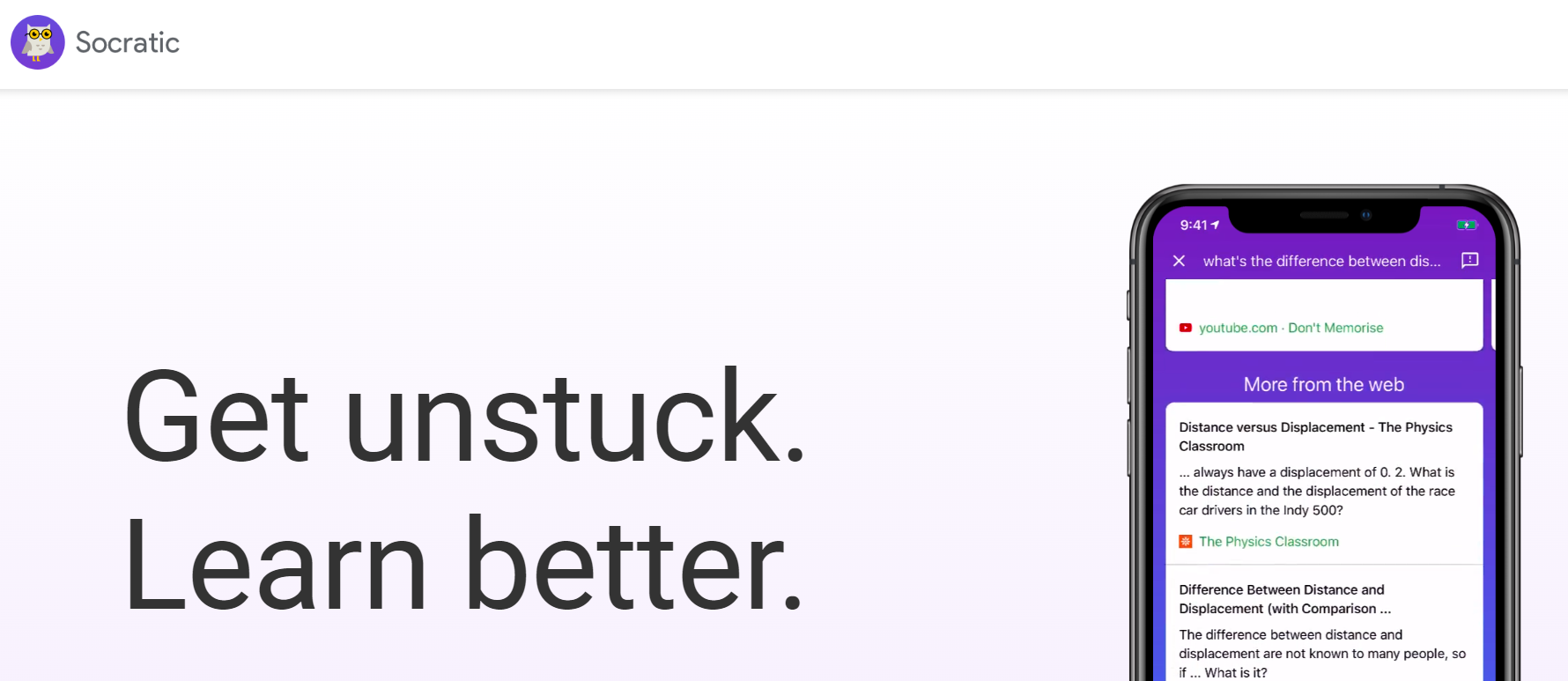
Powered by Google, Socratic is a homework-helper app that supports students across a range of subjects, from science and history to math. Its math section is particularly robust, providing detailed step-by-step solutions. Students can upload pictures of their homework questions and receive AI-driven explanations along with supplementary videos, definitions, and external links for a richer understanding.
9. CheggMate

Developed by Chegg Inc (NYSE: CHGG) in partnership with OpenAI’s GPT-4, CheggMate is a conversational learning companion that combines Chegg’s platform with advanced AI problem-solving skills. This innovative system provides individualized learning pathways, customized assessments, and rich context explanations, all aimed at enhancing the educational journey for students.
10. Knewton’s Alta
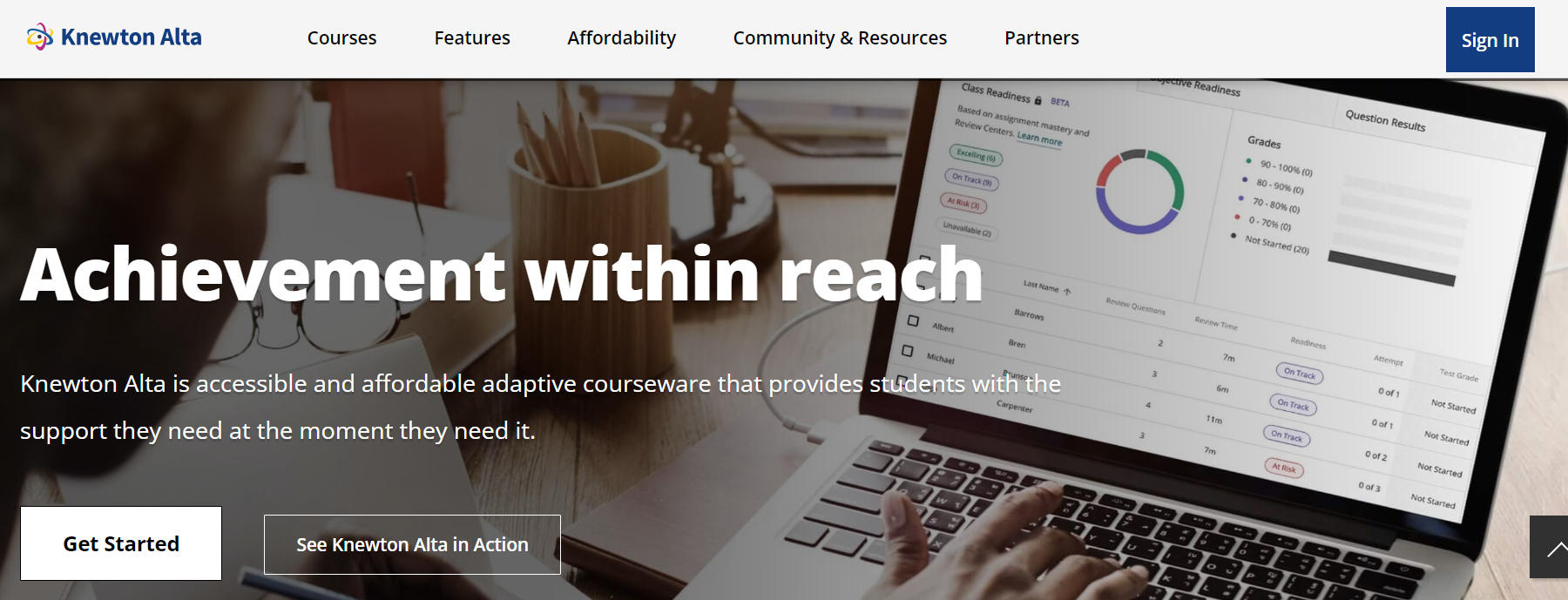
Knewton’s Alta stands out for its data-driven personalization, offering a unique learning experience to each student. Covering subjects like math, statistics, economics, and chemistry, the tool constantly adjusts to individual learning needs, identifying gaps in knowledge and filling them promptly to optimize educational outcomes.
11. Google Bard
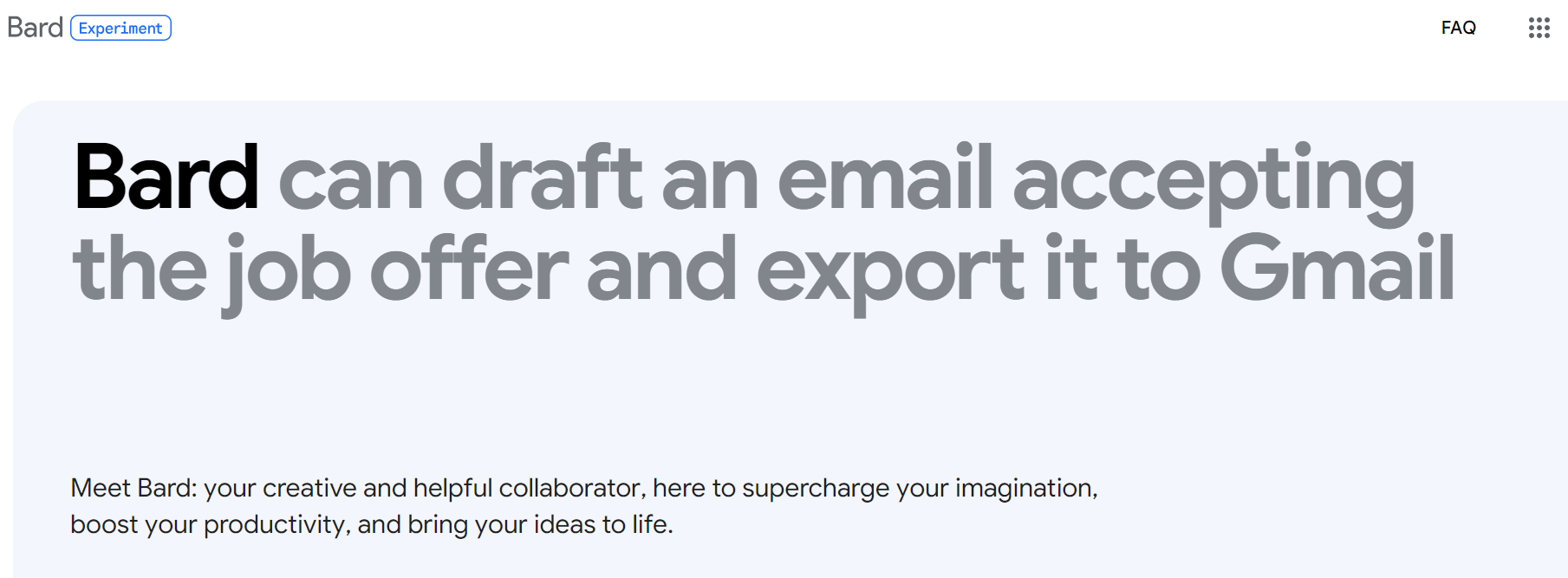
Google Bard, an AI chatbot, is revolutionizing search experience by providing accurate and comprehensive responses. With Google’s LaMDA as its core conversational engine, Bard offers superior conversational capabilities, easily handling complex queries and boosting productivity.
12. ChatGPT
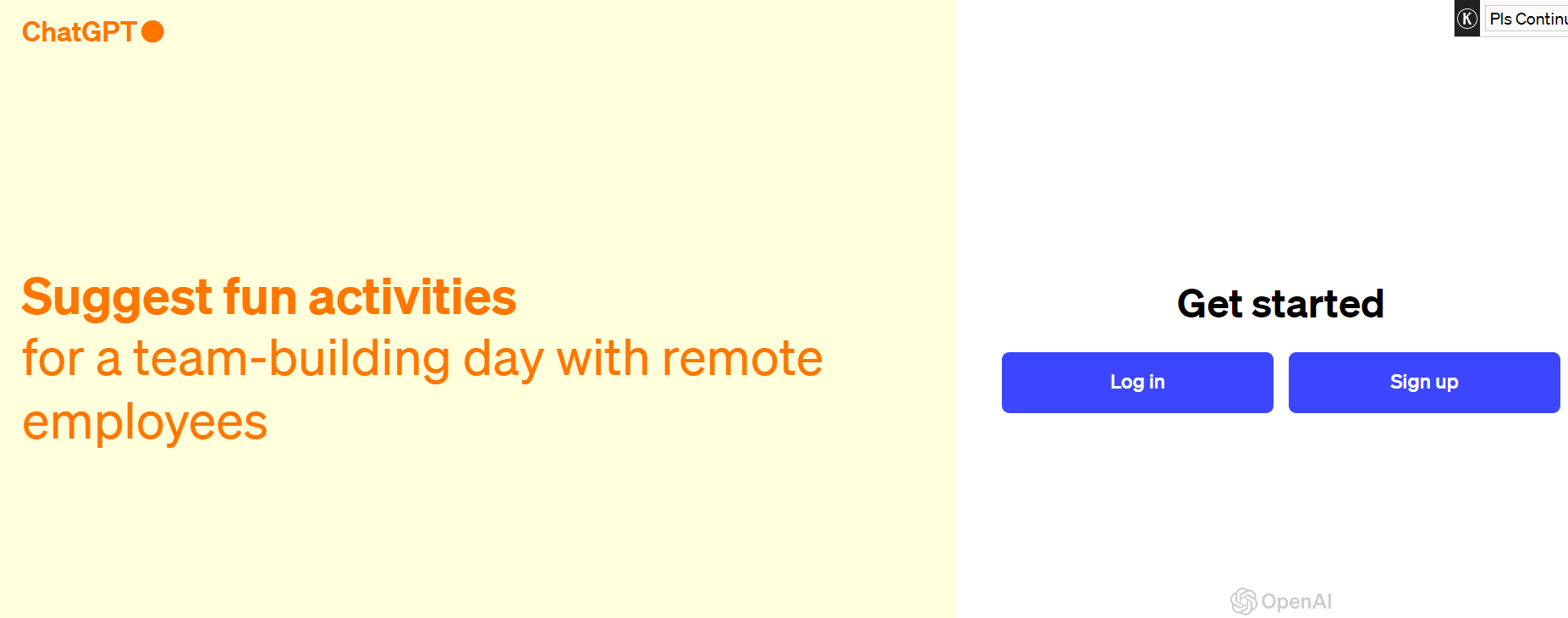
ChatGPT is a multi-functional AI tool with valuable applications in education. It excels in generating dynamic, contextually relevant responses to user questions. Acting as a virtual teaching assistant, ChatGPT supports educators in their teaching efforts and enhances student engagement.
13. Consensus
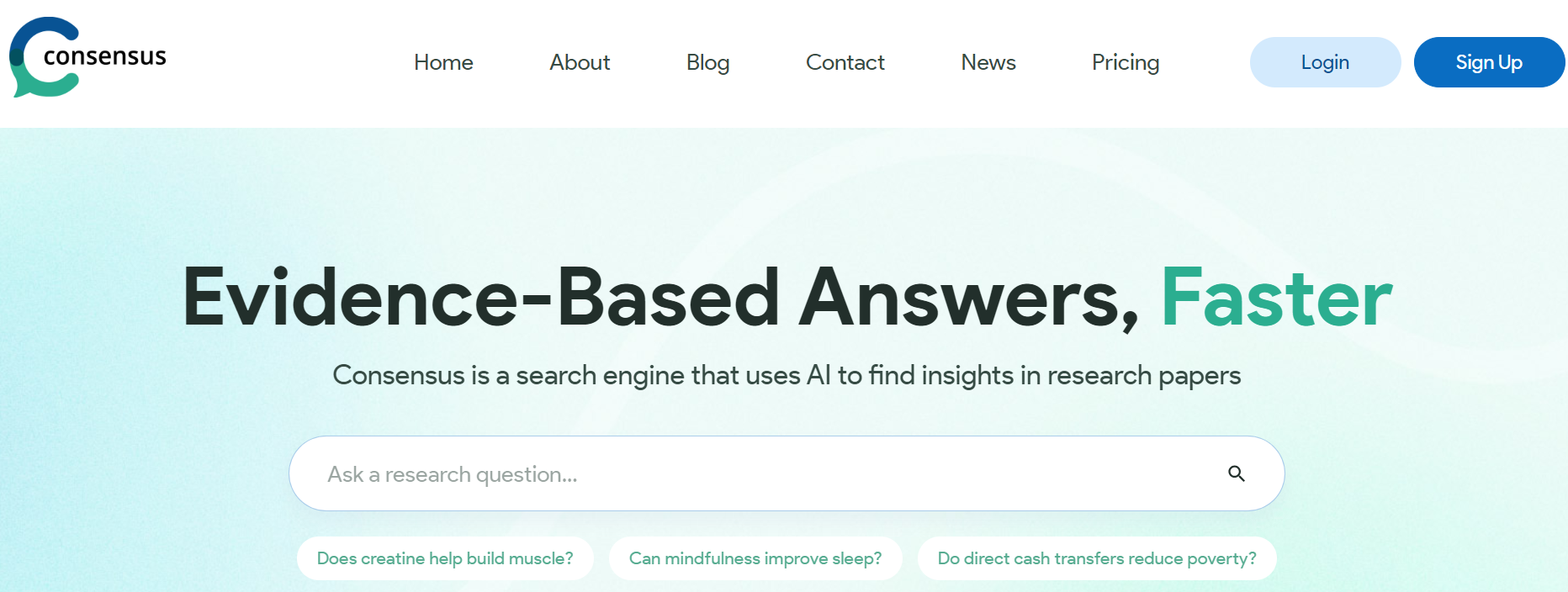
Consensus is an invaluable tool for mitigating risks associated with AI-generated misinformation. When queried about the effectiveness of AI in education, it provides evidence-backed answers from academic journals, enhancing the credibility of the information. Users can conveniently share these findings in various formats.
14. Otter.ai
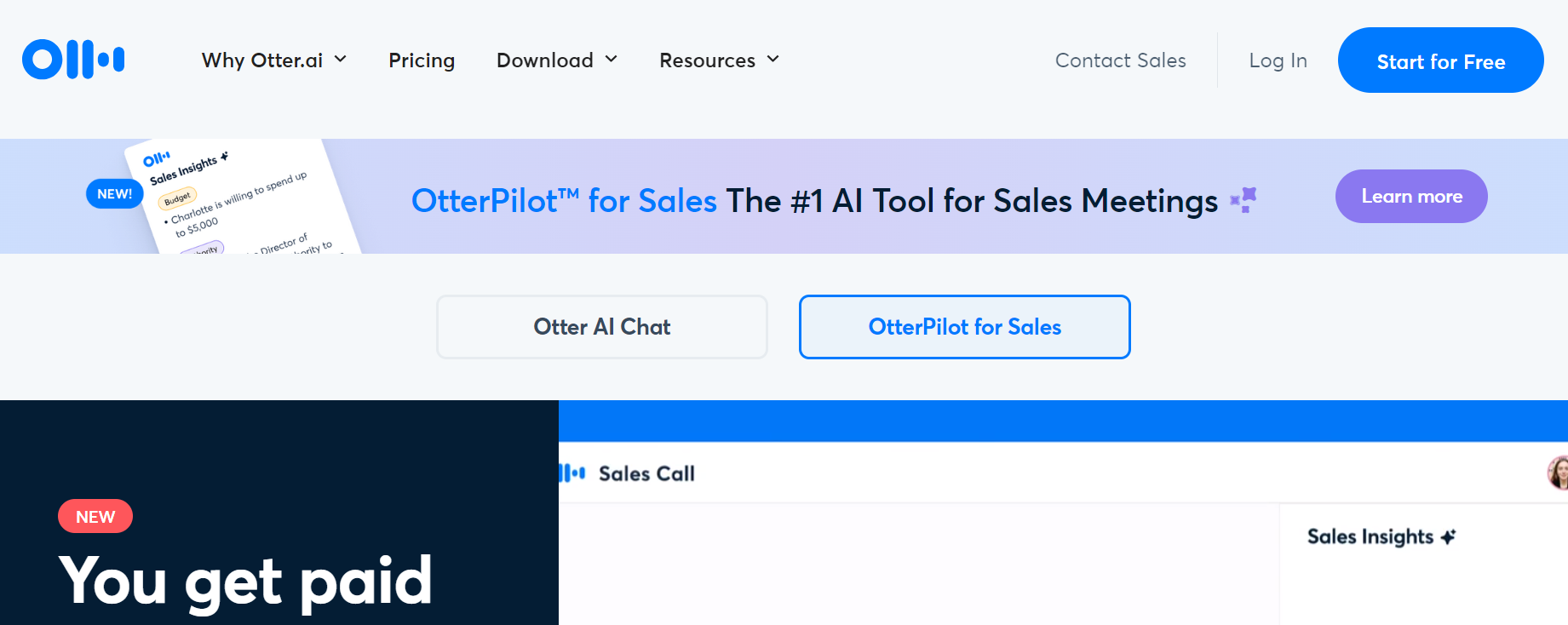
Otter.ai relieves students from the burden of notetaking during lectures by providing real-time transcription services. With a speed of 160 words per minute, it delivers accurate transcriptions and integrates effortlessly with apps like Teams, Zoom, and Google Meet.
15. Perplexity AI

Perplexity AI is a potent search engine that offers real-time information retrieval. Its Copilot feature, powered by GPT-4, guides users through searches to deliver personalized results. Recognized for its speed, Perplexity AI excels in delivering up-to-date research, making it the top educational search tool.
Closing Note
As we close the pages on this virtual tour of the 15 best generative AI tools for the educational industry, it’s evident that we’re standing at the cusp of a learning revolution. The transformative power of AI isn’t just a phrase; it’s a tangible reality bringing profound changes to classrooms, lecture halls, and even our own living rooms. The potential for more personalized, effective, and dynamic learning experiences has never been this attainable, thanks to these cutting-edge tools that leverage the prowess of artificial intelligence.
Imagine a future where the barriers to quality education are shattered, where each student—regardless of background, learning style, or pace—has access to personalized and meaningful educational experiences. That future isn’t decades away; it’s unfolding right here, right now. And you, as educators, students, and lifelong learners, have the power to seize this moment and make the most of these game-changing resources.
So, what are you waiting for? Dive in and embrace the revolution. Whether you’re taking your first step into the AI-infused educational landscape or you’re already a seasoned traveler on this journey, there’s always more to explore, adapt, and implement. The tools are here; the capabilities are expanding, and the opportunities are limitless.
Thank you for joining us on this enlightening exploration. The future of education is not just something to anticipate—it’s something to actively create, and it starts with you.
Let’s build a smarter, more equitable, and inspiring educational world together, one AI tool at a time.
Happy learning!
Generative AI tools are software applications or systems that use artificial intelligence to create content, such as text, images, or even music, by generating new data based on patterns and information from existing datasets. These tools can be used for various creative and practical purposes, including content generation, chatbots, and automated data synthesis.
AI tools for education are software applications or systems that use artificial intelligence technologies to enhance the learning process. These tools can include virtual tutors, personalized learning platforms, automated grading systems, and adaptive learning programs designed to provide students with customized educational experiences and support.
Generative AI can be used in education to create personalized learning materials, automate administrative tasks, enhance content generation, and provide adaptive tutoring and feedback to students, ultimately improving the overall learning experience.



